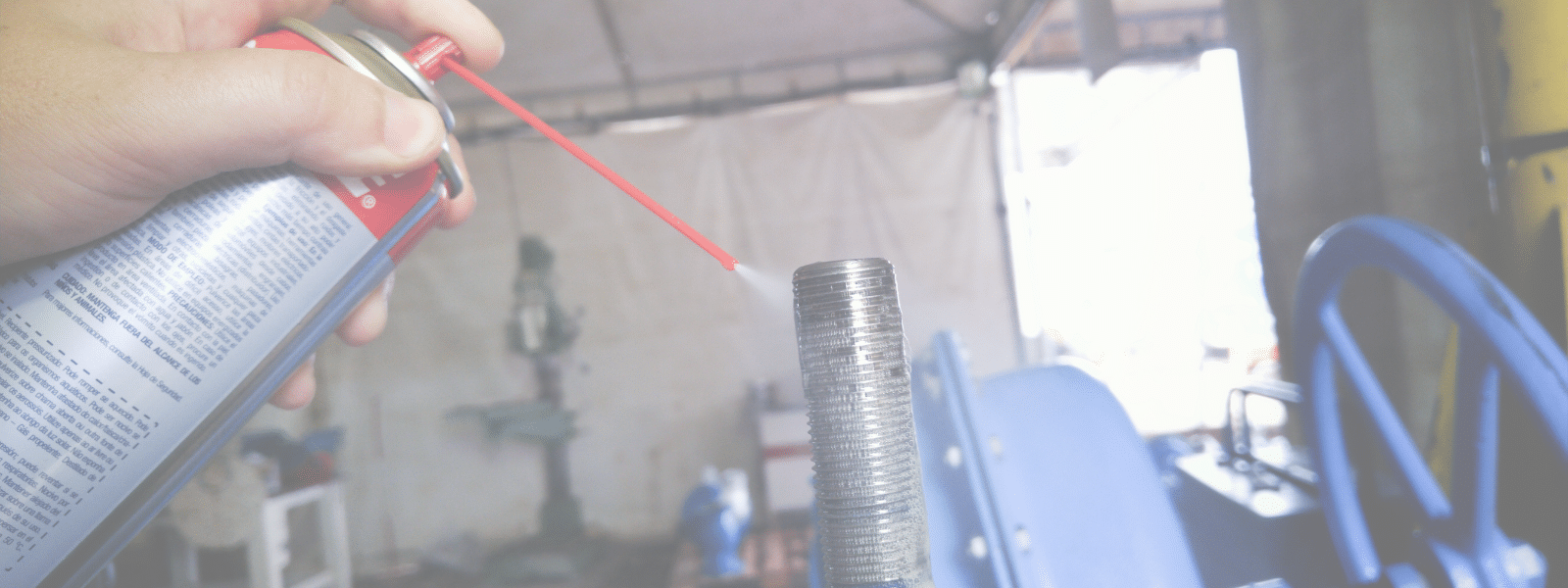There are a multitude of industries that utilize corrosion inhibitors for a variety of industrial applications Without these important inhibitors, these industries would not be able to perform the various tasks that ensure their success. And so, they would fall into disarray. However, in order to understand how to prevent this, in this blog we will explain everything you need to know about these inhibitors.
What is Corrosion?
Before we understand what corrosion inhibitors are and what they do, let us define a few terms. Corrosion is a chemical process that occurs when a metallic surface is oxidized – meaning it encounters oxygen and loses one or more electrons. This may seem insignificant, but it can be extremely dangerous if left unchecked. Any structure or surface with metal that is exposed to air or chemicals can corrode, leaving behind unstable and unsafe buildings, pipelines, bridges, and more. Having measures in place to prevent such corrosion will not only extend the lifetime of your equipment but can also save you money in the long run.
What are Corrosion Inhibitors and How Are They Used?
There are several ways to prevent corrosion from occurring, such as keeping the metal clean and dry, using a coating, or using non-corrosive metals like aluminum and stainless steel. One of the most common ways is to use a chemical that inhibits – or prevents – corrosion, hence the name. These chemicals work to substantially decrease the rate of corrosion by acting as a barrier between the corrosive element (typically oxygen) and the metal surface. There are several types of corrosion inhibitors, with the most common being anodic (chemicals that prevent metal from being oxidized), cathodic (chemicals that block oxygen from being reduced), and mixed (inhibitors that perform both functions).
Examples of Corrosion Inhibitors
Different inhibitors will be effective on different metals and alloys (mixtures of metals and/or non-metals) and against different corrosive agents. Here is a brief list of corrosion inhibitors that are commonly used:
- Phenyl acridine – used against sulfuric acid
- Sodium iodide – used against phosphoric acid
- Sodium metasilicate – used against heavily salted and/or potable water
- Morpholine – used against water in cooling and boiling systems
- Sodium nitrite – used against engine coolants
Have More Questions about Corrosion Inhibitors?
There is much more to learn about corrosion and the chemicals and methods that are used to prevent it. For further assistance with these topics and all of your business needs, Ecolink is here to help! You can contact us with your questions here, or request a sample of a product here. Want to browse through your options first? Check out all our products at our online store today!















